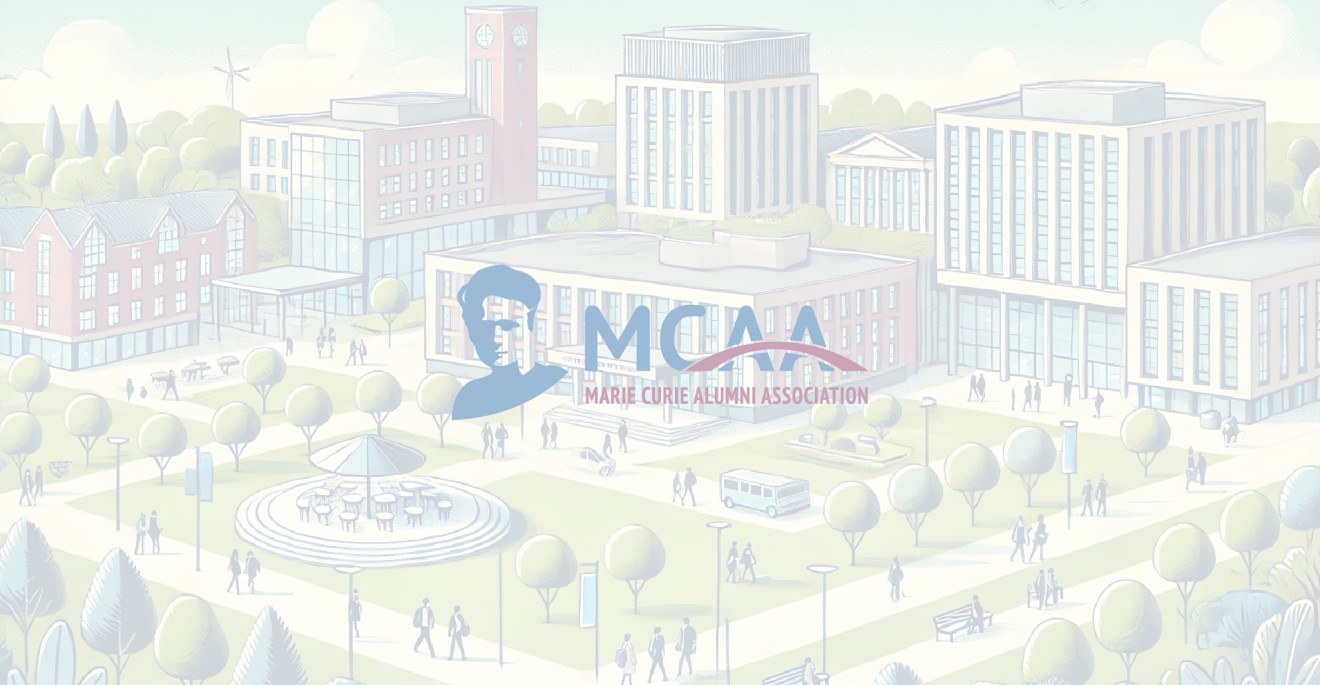CANADIAN ADDICTION FELLOWSHIP ATTRACTS EUROPEAN INTEREST

When Dr. Bishop called for a revolution to wake up the doctors and educate the people, there were very few medications for addiction. Little did he know that it would take more than a century for things to start changing.
Traditionally, the doctors lack skills and knowledge to use modern treatments for addiction. It’s because they aren’t trained to treat substance use disorders, but things are starting to shift.
The St. Paul’s Hospital Goldcorp Fellowship in Addiction Medicine changes how this game is played. It was created in 2012 with a $3-million donation from Goldpcorp Inc. to close an expanding gap in addiction medicine training. It is currently the largest fellowship in North America that trains doctors to become addiction specialists. Other programmes have 1-3 spots per year. Over 140 physician trainees have passed through the addiction training programmes in St. Pauls. It makes British Columbia the province topping the national figures of specialists qualified in addiction medicine.
„We’re not just training very senior physicians; the fellowship also enables the supervision of more junior trainees,” notes director Wood in the winter edition of the Promise bulletin.
“We’ll have over 80 physicians and trainees go through the program over the next year or so. Those trainees will bring a great deal of competency in this area to other areas, from medicine to mental health. St. Paul’s will be leading the way in the tremendous growth of this expertise.”
Its success hasn’t gone unnoticed. Irish medical students spend only 2 hours on addiction over the four years of medical degree. Recognising this deficit, the Irish Research Council has recently funded a 3-year study that aims to elevate the critical lack of skilled addiction medicine specialists.
It’s a study that Dr Bishop would have liked. The researchers will talk to dozens of health professionals who have gone through the fellowship. The information from these interviews, together with a review of scientific literature, will inform an expert panel developing standards for drug education of doctors in Ireland, and possibly worldwide; a revolution in education.
This independent and external evaluation is a natural follow on work of Professors Burry and Cullen. As academic general practitioners, they worked for over 30 years on a programme that helped people with Hepatitis C Infection, drink problems and mental health problems in or out of methadone treatment.
To learn more about the fellowship and other addiction medicine education opportunities at the BC CfE’s Urban Health Research Initiative, please visit: http://addictionmedicinefellowship.org


